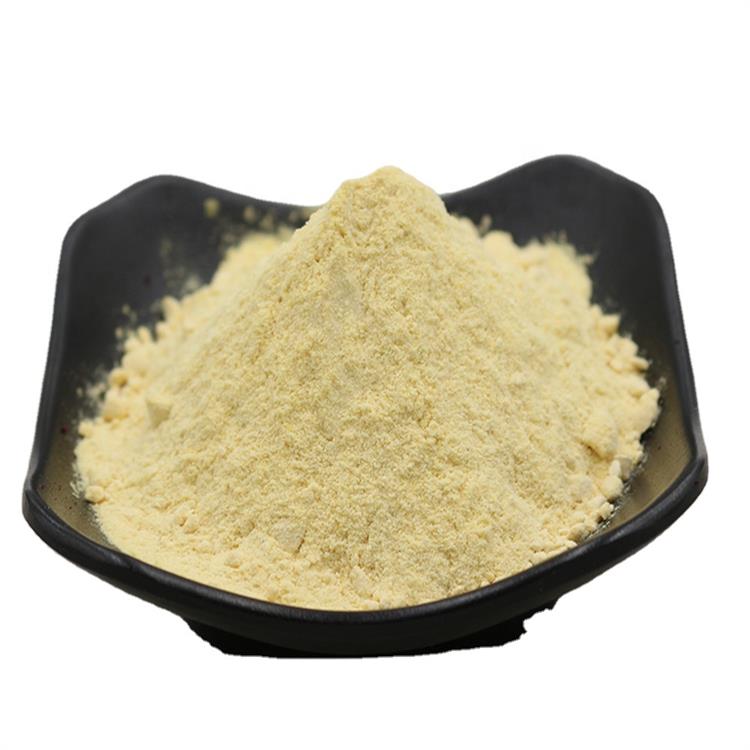Product Name:β-Nicotinamide Adenine Dinucleotide Disodium Salt, Reduced FormMolecular
Weight:709.41
CAS No.:606-68-8
NADH: A Key Player in Cellular Energy Production
β-Nicotinamide adenine dinucleotide (reduced form), or NADH, plays a central role in cellular metabolism and energy production. It is primarily generated during glycolysis and the citric acid cycle, where it acts as a biohydrogen carrier and electron donor.
Within the inner mitochondrial membrane, NADH drives oxidative phosphorylation, facilitating ATP synthesis — the main source of cellular energy. Due to its mitochondrial activity, NADH is often referred to as the “mitochondrial coenzyme.” It is present in the mitochondria of both animal and plant cells.
NADH is essential for maintaining normal cellular functions, including cell growth, differentiation, energy metabolism, and cellular defense mechanisms.
Specifications
| Property | Specification |
| Appearance |
Yellowish powder
|
| Purity | ≥ 95% |
| Assay of β-NADH (enzym) (calc. on sodium-free and dry basis) | ≥ 90% |
| Assay of β-NADH, Na2 (enzym.) (calc. on dry basis) | ≥ 90% |
| Sodium contents | 5.5% – 7.5% |
| Water contents | ≤ 5% |
| pH (100mg/mL water) | 7.0 – 10.0 |
| Pb | ≤ 0.1ppm |
| As | ≤ 0.1ppm |
| Hg | ≤ 0.1ppm |
| Cd | ≤ 0.1ppm |
| Total microbial count | ≤ 750 CFU/g |
Application
![]() Biomedical Research and Development
Biomedical Research and Development ![]() Anti-aging health care products
Anti-aging health care products ![]() In vitro diagnostic kit (HCY homocysteine test Kit)
In vitro diagnostic kit (HCY homocysteine test Kit)


